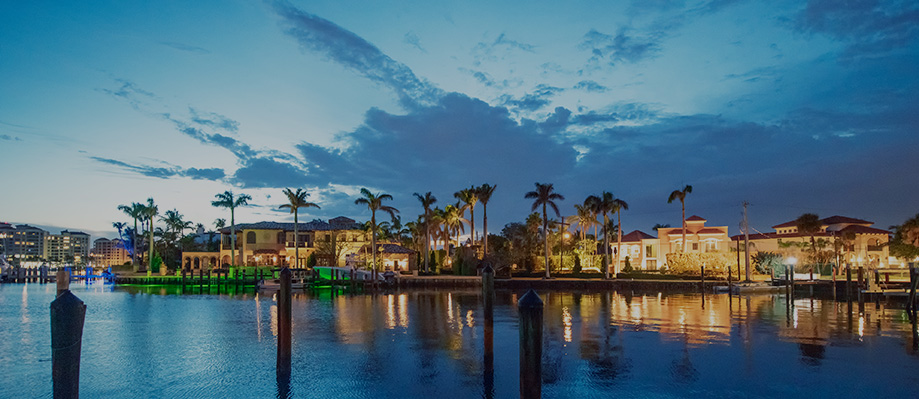

regain control of your health


balance your inner health with thyroid treatments


Call Us: (212) 262-2412
Dr. David Borenstein is New York's leading integrative and functional medicine physician.
Board certified by multiple medical associations, including American College for Advancement in Medicine and American Academy of Anti-Aging Medicine, Dr. David Borenstein combines the best of traditional and holistic medicine.


308 5th Ave, 5th Floor
New York, NY 10001
Monday - Thursday: 8:00am - 5:00pm
Friday: 9:00am - 5:00pm
Saturday - Sunday: Closed

5550 Glades Road, Suite 210
Boca Raton, FL 33431
Monday - Friday: 9:00am - 5:00pm
Saturday-Sunday: Closed